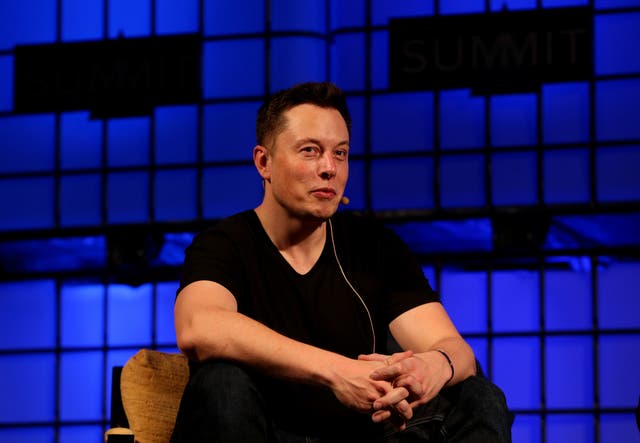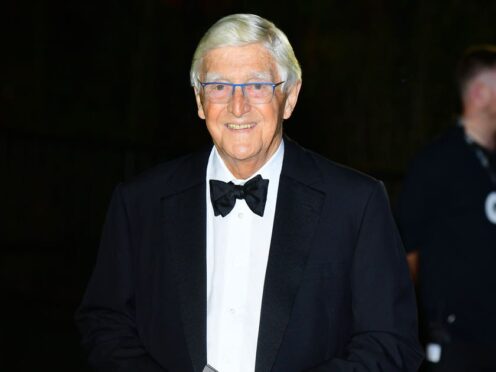Sir Michael Parkinson has admitted he dislikes watching his past interviews as he feels his television persona was a “disguise”.
The broadcaster, 87, was a familiar face on television interviewing some of the biggest stars in the world on his talk show Parkinson, which aired from 1971 periodically until his retirement in 2007.
Appearing on Thursday’s BBC Breakfast to chat about his career and his latest book release, Sir Michael said he feels that, no matter how aware someone can be of the problems of fame, it “changes you”.
Asked if he is sick of seeing his former TV clips, he said: “Absolutely, because I don’t recognise the person. It’s a disguise, this is a disguise. All of it.
“You’re not yourself at all, it changes you, no matter how considerate you might be of the problems of being famous, it changes you and it’s bound to.”
Questioned how he feels it can change someone, he continued: “Just people’s reaction to you and it makes you sometimes a worse person than you are.
“Writing never did that at all, writing challenges you all the time to actually do it properly.”
Sir Michael revealed that he is prouder of the work he has done as a writer than as a presenter.
Addressing hosts Naga Munchetty and Charlie Stayt, he said: “If you appear on television as we do and you get to be famous and all that sort of thing, there’s a danger that you might actually swallow all of that and sort of think ‘that’s what it’s all about’.

“If you’re going to write, it’s different, it’s much more difficult to be able to write well than to perform well on television.
“It’s a different thing I know, but from my point of view, I’m much more proud of what I’ve done as a writer than I am as a TV person.”
He added that there is a piece in his new book My Sporting Life, which he has co-written with his son Michael Parkinson Jr, about his late friend and English cricketer Fred Trueman which he would like to be used as a benchmark of his talent.
“I think if I could justify myself as a writer, as a human being, that would be the thing I would give, read that and tell me do you think that’s rather good because if you do, I’m very happy”, he said.

Reflecting on who he would like to interview now, he suggested that billionaire Elon Musk, who has recently taken over the social media platform Twitter, would be “interesting”.
During the hundreds of episodes of his talk show, he interviewed stars including David Bowie, John Lennon, Celine Dion and Muhammad Ali.
Sir Michael admitted his chat with Ali was one time when he felt he was losing the battle, saying: “Ali was impossible to interview, you couldn’t get anywhere near him at all.
“He’d let you in so far and then the performance would start, the act would follow.
“Which was a great pity because he was a bright man, he was able to look after himself, of that there was no doubt. The sadness was he was taken over by people who used him, they used him badly actually.”
He added: “On the other hand, I came to actually admire him greatly, particularly toward the end where he wore that illness with great courage, great style and suddenly he became a different, nicer man, if that was possible.
“But I did genuinely feel sorry for him because the pressures upon him from various parts of a propaganda war if you like, were intolerable, I thought, and explained an awful lot about some of his behaviour. I mean, to have met him as many times as I did was an honour.”
